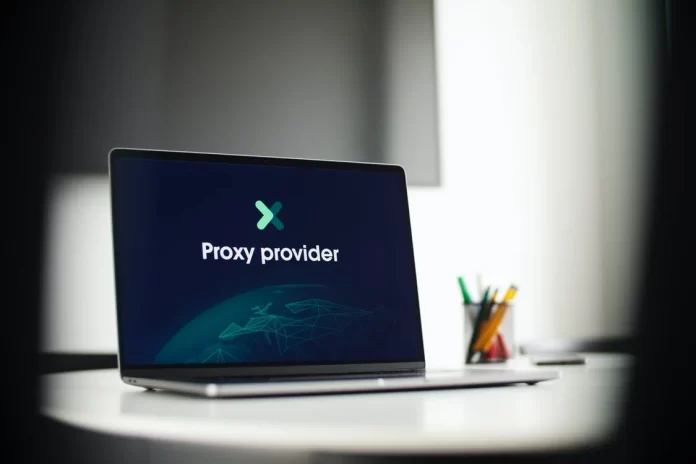Comparing a private proxy and a public one is like comparing your laptop to a computer at an internet café. Computers at internet cafes are used by thousands of people, while your laptop is used only by you. Likewise, public proxies are used by a lot of people while private ones are used only by one user.
This, however, doesn’t mean that you should never use public proxies. To decide which one is better for you, we’ve found the major differences between them that are worth considering.
Content Summary
Private Proxies vs. Public Proxies
To understand the differences between public and private proxies, you first need to know what they are and how each of them works.
What Are Public Proxies?
Public proxies are proxy servers easily available on the web for free so anyone can use them. They are not owned by a company which means no one has control over who uses them. This means that a single proxy or IP address can be used by plenty of users at the same time.
But, they are free which is why they are the first option to many people looking for a way to surf the web more anonymously.
What Are Private Proxies?
Private proxies are dedicated IP addresses used exclusively by you at a given time. They are owned by companies that ensure each of their private proxies is assigned to a single user. This means no one else can use your proxy while you’re using it which gives you complete control over it. But to get all of these benefits, you need to find the best place to buy private proxies.
These are also known as dedicated proxies and are usually the most expensive type. But, private proxies can also be semi-dedicated or shared. This is when you share your proxy with other users which are vetted by the proxy company. Clearly, these are less expensive than dedicated proxies.
Private Proxies vs. Public Proxies: Five Key Differences
Now that you know what private and proxy servers are and how they function, let’s get down to the most important differences between them:
- Differences in anonymity
A lot of public proxies are run by untrustworthy sites that may easily expose your data. Some of them are transparent which means they don’t really hide your IP address but simply pass it on to the site you visit. The level of anonymity they provide can be enough for simple tasks such as accessing geo-restricted content.
On the other hand, private proxy providers guarantee complete anonymity on the internet. With their proxies, you can be sure your IP address will stay hidden and your online activity private.
- Differences in security
Public proxies can be populated with spammers and hackers looking for their next victim. This leaves your personal and business information such as financial data or credit card information exposed to anyone with a malicious intention. There’s also the risk of infiltrating your device and hijacking your browser.
With private proxies, you know you get a unique IP address with authenticated access. Plus, they are owned by companies that have entire teams taking care of the security of their proxies.
- Differences in reliability
Public proxies are shared with other users or are computers compromised by cybercriminals or hackers. Consequently, they may stop working after a few uses or not work at all.
Private proxies, however, are extremely reliable as they are used only by you or shared only with authorized users.
- Differences in speed
Since public proxies can be used by hundreds of users at the same time, they can quickly become overloaded, leaving you with an annoyingly slow web experience.
With private proxies, you don’t have to worry about bandwidth overload as they are not shared with anyone else. They often come with unlimited bandwidth which makes them extremely fast. If you want to test the speed of your proxy, this info might help.
- Differences in price
In the end, we have to mention the differences in price as this can be really important for someone on a tight budget. In general, you have to pay for private proxies while public ones are free of charge.
To Sum Up
All in all, private proxies provide better security, anonymity, speed, and reliability than public proxies, but they can be quite expensive. This makes public proxies a good alternative for smaller tasks that don’t require high security and anonymity.









